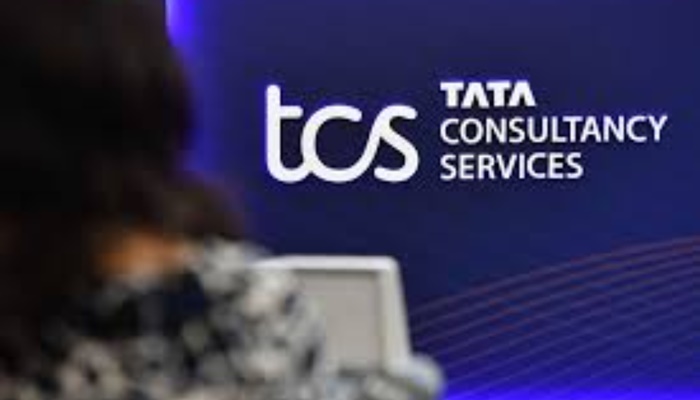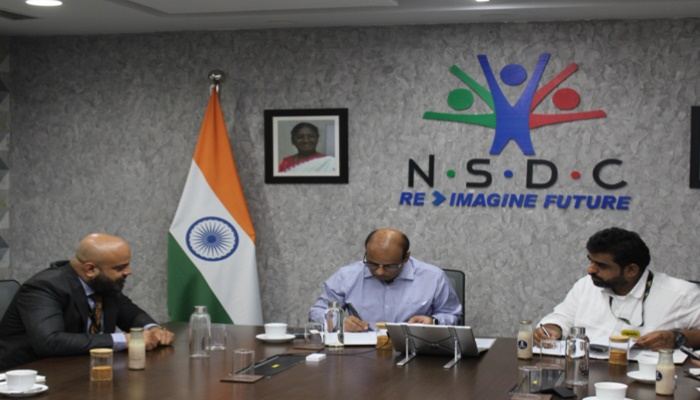In today’s rapidly shifting work environment, a younger generation is standing up against the long-standing tradition of overworking without acknowledgment. A viral video featuring a Gen Z employee has reignited discussions around India’s demanding and often unhealthy work culture, with many praising her for taking a firm stand against practices that have been normalized for decades.
A Clip That Sparked a Conversation
The video in question, originally uploaded by the Instagram page Buzzpedia, has attracted more than 86,000 views. In it, a young professional openly criticized previous generations for romanticizing unhealthy workplace habits under the guise of dedication and productivity. She accused the older workforces of turning mental and physical exhaustion into a badge of honor, instead of questioning why employees are expected to sacrifice their personal lives for their jobs.
Refusing to Compromise Her Boundaries
The young woman shared her personal experience of standing her ground when her supervisor asked her to extend her workday. She mentioned that she wasn’t asking to leave early or shirk responsibility—instead, she only requested to log off at her scheduled time after completing all her assignments. The reason? She was fasting and feeling physically drained.
Her manager reportedly grew angry and defended his own commitment to the job, stating that he regularly arrived early and stayed well past standard hours. The woman’s reaction was to question why such excessive dedication, especially at the expense of one’s health and personal time, should be held up as something to emulate. She expressed her disapproval of this norm and emphasized the need to protect personal well-being without guilt or backlash.
“Why is this ‘struggle’ glorified? What’s the point in doing overtime, working extra hours and sacrificing your mental wellbeing and me-time?” she vented. “This is not something you should feel proud of,” she said.
Challenging the Normalization of Overtime
The employee highlighted how working beyond scheduled hours is often treated as an unwritten rule across many Indian offices. She pushed back against this expectation and questioned its purpose. For her, if the job didn’t even allow a person to have two peaceful meals at home, then it was time to reassess the entire concept of career success.
“If you can’t even eat two meals in peace at home, what’s the point of working and earning money?” she asked.
She emphasized that staying late shouldn’t be seen as a marker of commitment or hard work, but rather as a sign of systemic inefficiency or poor work planning. According to her, self-worth and rest should not be compromised for professional approval.
Widespread Reactions Online
The video gained further traction after being shared on the subreddit Indian Workplace, where it prompted a wave of personal stories and opinions. One commenter criticized the exploitative structure of the modern work environment, claiming that employees are often treated as tools to maximize profit rather than valued contributors with lives outside of their jobs.
Another person shared how their supervisor once spent 45 minutes lecturing them about how the boss’s seniority allowed them to be off-duty during weekends, while junior staff were expected to be on-call to prove their commitment. The employee mentioned recording the interaction for future laughs rather than confrontation, using it as a coping mechanism in a dysfunctional system.
The Cycle of Workplace Generational Criticism
Some users reflected on how generational differences in the workplace have always been a point of contention. They noted that just a decade ago, millennials were seen as difficult to manage, and now the same is being said about Gen Z. According to them, this cycle of blaming the newest working generation for not conforming is recurring and predictable.
One person wryly compared it to a never-ending soap opera, emphasizing that although Gen Z currently challenges the norms, many among them may eventually adopt the same practices they currently criticize once they reach positions of authority.
Flexible Management Shows Promise
Another Redditor shared a contrasting and more positive perspective. This user manages a team primarily made up of Gen Z employees and claimed that they never resort to micromanagement. Instead, they assign tasks in biweekly sprints and give their team complete freedom to manage their own schedules. The result, according to them, is increased output and motivation. The employees are even allowed to take breaks or go out for a movie during work hours—as long as they deliver on their goals. This autonomy and trust seem to have led to better productivity without enforcing rigid or stressful routines.
Financial Security Enables Gen Z to Say No
Some pointed out that one reason why Gen Z workers are more assertive about boundaries is their relatively stable financial backgrounds. For many of them, even if they were to lose a job, their family situation allows them to stay unemployed for a while without serious consequences. Parents are not financially dependent on them, which gives them the confidence to reject unreasonable demands at work.
One user, identifying themselves as Gen Z, mentioned that their family isn’t pressuring them to earn right away. Their father, retired defense personnel, still supports the household despite the user being unemployed and preparing for competitive exams. While they acknowledged the importance of eventually earning and contributing, they didn’t feel the urgency to accept any toxic job offer just to prove something.
The Bigger Picture: Reforming a Broken System
Many agreed with the sentiments expressed in the viral video and emphasized that Indian companies need to reassess their working conditions if they want to retain talent in the future. The younger generation is not shy about refusing unpaid overtime or questioning toxic hierarchies, and if companies fail to adapt, they risk mass resignations and declining productivity.
However, some also took a more balanced stance, suggesting that while rejecting exploitation is valid, it is also necessary for employees to consider rare circumstances when extra effort may be justified—like when deadlines are tight or projects are at a critical phase. They argued that employers must fairly compensate any such effort and never make it a routine expectation.
A Middle Path for Sustainable Work Culture
The evolving workforce, led by Gen Z professionals, seems to be sending a clear message: dignity, respect, and balance are non-negotiable. At the same time, understanding both the employer’s and employee’s perspectives can pave the way for a healthier, more collaborative environment.
Ultimately, change may not happen overnight, but with increased dialogue and boundary-setting by a younger generation unafraid to speak up, India’s deeply ingrained toxic work culture might finally begin to shift. If companies listen—and act accordingly—this could be the start of a more human-centered and sustainable professional future.




















